The communication strategy of the European Parliament for the European election of June 6-9 has invested a lot of energy in the message to young people, as the current decisions will especially affect them and they have a say on the future of Europe, the head of the Media Services Unit of the EP, Raffaella De Marte, claimed in an interview to AGERPRES on Friday.
She welcomed the encouraging signals regarding the intention of EU citizens to vote in the European parliamentary election from June 6-9, taking note of the data that showed the interest of young people in Romania in the European election.
In the same interview, Raffaella De Marte emphasized that in order to highlight the importance of voting, the European Parliament made the video 'Use Your Vote', which exceeded 500 million views on Thursday, "which is quite spectacular for our institutional campaign ''.
According to the head of the Media Services Unit of the EP, among the main files in which the European Parliament respected its commitment to EU citizens in the last five years are the Green Pact, the Law on Digital Services and the Pact on Migration and Asylum.
In her opinion, the reaction of the European Union, especially the European Parliament, to crises such as the COVID pandemic and the Russian aggression against Ukraine was quick and united.
Last but not least, Raffaella De Marte appreciated that the EP is much better prepared than five years ago to react in a coordinated manner with the national authorities to possible disinformation and even to cyber-attacks during the European parliamentary election.
AGERPRES: Between June 6 and 9, millions of European citizens will participate in shaping the future of European democracy and the future of the European Union itself on the occasion of the European election. Why does voting matter and what is new in this election compared to 2019 in terms of the European Parliament's communication strategy?
Raffaella De Marte: Okay, so first of all, in 2019 were the elections where the participation of citizens was higher than in the previous ones and there was an inversion of the trend in terms of participation that we welcomed very much because as the European Parliament communication service our role is to encourage participation and encourage citizens to vote as a democratic duty but also a right to nurture and to maintain our democratic space alive and healthy and lively. So our main goal as a communication service is to really try to explain the citizens, the role of the European Parliament, why it matters in their daily life, what is the impact of the decisions made here and to explain how to vote and how to make, let's say, the voting accessible to as many people as possible.
In our communication strategy this time we have invested quite a lot of energy on young people because these people are those who have a say on the future of Europe. The decisions that are made today will affect them even more than, let's say, all the voters because it is a project that has consequences and perspectives that look at the future. Therefore, it is also the population that tends to vote less in general.
So it's not a European, it's not linked to the European elections but in general younger voters vote less and we have a duty to involve them in our democratic life, in the democratic space so that their voice counts as well. So we work quite a lot with content creators to have, let's say, not the institution's voice but the voice of people that are trusted by other young people in the first place to share the message about the European elections. And also maybe to say that we were very happy that in Romania we saw when we measured the interest of young people in these European elections some very encouraging data that young people declared that they would vote in the European elections. So let's hope that on Sunday this will happen.
AGERPRES: What expectations do you have from the European election of June 6-9 regarding voter turnout, bearing in mind that the voter turnout in the previous European election was 50.7%, but in 2014 the minimum level was recorded (42 .6%) since 1979, when the first European election took place?
Raffaella De Marte: I have no expectation. I still have a lot of work to do in the coming days in order to make sure that as many citizens as possible are aware of the European elections and my focus is working hard to make this happen. But we have some encouraging signs. As I said, for example, when we measured in a Eurobarometer in April the intention to vote, this was higher than in 2019. So the people who declared, Yes, I will vote in the European elections was, I think, 11% higher than in 2019. Yesterday (Thursday, ed. n.) I saw Google Trends and Google marked that there is a double interest in the research of the European elections than in 2019. The media coverage is higher than in 2019. So we have signs that encourage us to think that there is an interest in the European elections.
AGERPRES: This time more young people will vote in the European election, bearing in mind that two more EU member states have lowered their minimum voting age compared to the 2019 election. What is the message that the European Parliament intends to send to young people?
Raffaella De Marte: Yes, it's true. Belgium and Germany have decreased at the age of 16, and Malta and Austria already had this in place before. It is important because it's two million teenagers who are entitled to vote in these elections and it's a different communication from the one that we would give to others. What we tried with our campaign and the video Use Your Vote, is to explain that democracy should never be given for granted. The democracy needs to be fed and lived and participated and everybody needs to play their own part to, let's say, give life to the values we believe in.
Democracy, freedom, rule of law, these are the fundamental values of the EU and the space we live in. It's a space of freedom and democracy and we should participate in making this space safe and alive.
And for this purpose, we made a video called Use Your Vote, where old people who have gone through all, let's say, the difficult phases of European project and the lack of democracy in Europe talk to their grandchildren. In order to explain how it was before. There is also a lady from Timisoara who tells the story of the revolution in Timisoara. And this video has reached 500 million views on Thursday, which is quite spectacular for an institutional campaign.
AGERPRES: Would you please mention the three main areas in which the European Parliament respected its commitment to EU citizens in the legislative mandate that is ending?
Raffaella De Marte: Yes, I think this legislative term has been particularly intense in terms of laws that will transform the life of Europeans for the coming years. Certainly one dimension is the Green Deal and all the laws that will allow us to achieve climate neutrality by 2050. So there is a goal that is 2050 to be continent climate neutral and then all the provisions sector by sector that need to implement this goal, this common goal.
Again there has been an impressive work on trying to put rules in place on the digital space, the Digital Services Act that tried to put responsibility for the content that is published online on the platforms that publish this content, but also the Artificial Intelligence Act that as I said will shape the future because it's not yet in place. It will start being implemented in 2026 but will have a lot of consequences in the development of AI.
And the last certainly the Migration and Asylum Pact that was agreed after years of negotiation just the last session before the end of the term.
AGERPRES: In recent years, Europe has gone through several crises, such as those caused by the COVID pandemic and Russian aggression against Ukraine. How do you evaluate the reaction of the European Parliament to these crises?
Raffaella De Marte: I think the EU as a whole - and the European Parliament played its part - was united and relatively fast in the reaction. We are used to this mechanism of 27 countries deciding together that is not always the fastest because we have to find a common agreement so it was quite surprising to see that when the crisis hit the European Union the response of Europe was rapid but most importantly united. I cannot imagine how we would be now at two days to the European elections when we didn't have a common vaccine or even a common passport to travel across Europe. Not a common vaccine but let's say vaccines distributed across Europe at the same time and not the richer first and the poorer later, which it would have divided Europe.
And also in the Russian aggression against Ukraine with the packages of sanctions but also with the decisions to support Ukraine we were united and this is I think very important to mark.
AGERPRES: What are the main measures that the European Parliament took to prevent disinformation, cyber-attacks and information breaches during the European election from June 6-9?
Raffaella De Marte: The European Parliament is working closely with the other European institutions and together with national authorities in order to have a coordinated and adequate response to possible disinformation and even cyber-attacks. These have proven let's say quite intense in the national elections that have preceded the European elections so we are much better prepared than five years ago let's say and we have a coordination in place in order to be ready for possible attacks.
AGERPRES: What is the role that European citizens and voters can play to limit the spread of disinformation and fake news?
Raffaella De Marte: This is a key role because this is not a battle that can be won by the institutions alone. It's a societal battle and anti-bodies need to come from the society and that's why we invested quite a lot in the past years on media literacy, on seminars, on really trying to train all journalists, content creators, civil society, teachers, everybody we could in order to make them familiar on how this information works and how people can check the facts before spreading this information, make sure that this information comes from a trusted source and so on so everybody of us, every single citizen has a role to play to fight against disinformation.
AGERPRES: Through the Media Freedom Act, approved by the European Parliament in March 2024, EU member states are compelled to protect media independence and any intervention in editorial decisions will be prohibited. Do you think the Media Freedom Act is enough to prevent the authorities from pressuring journalists?
Raffaella De Marte: I think the Media Freedom Act is an important piece of law because for the first time ever the European Union becomes, let's say, responsible to guarantee a space of freedom and pluralism for the media. Therefore, the European Union gains some competence in order to oversight this space. Of course, in the collaboration and coordination with national boards and national authorities, but it is certainly a step to make the freedom of journalists and the media space more balanced and safer in the coming years.

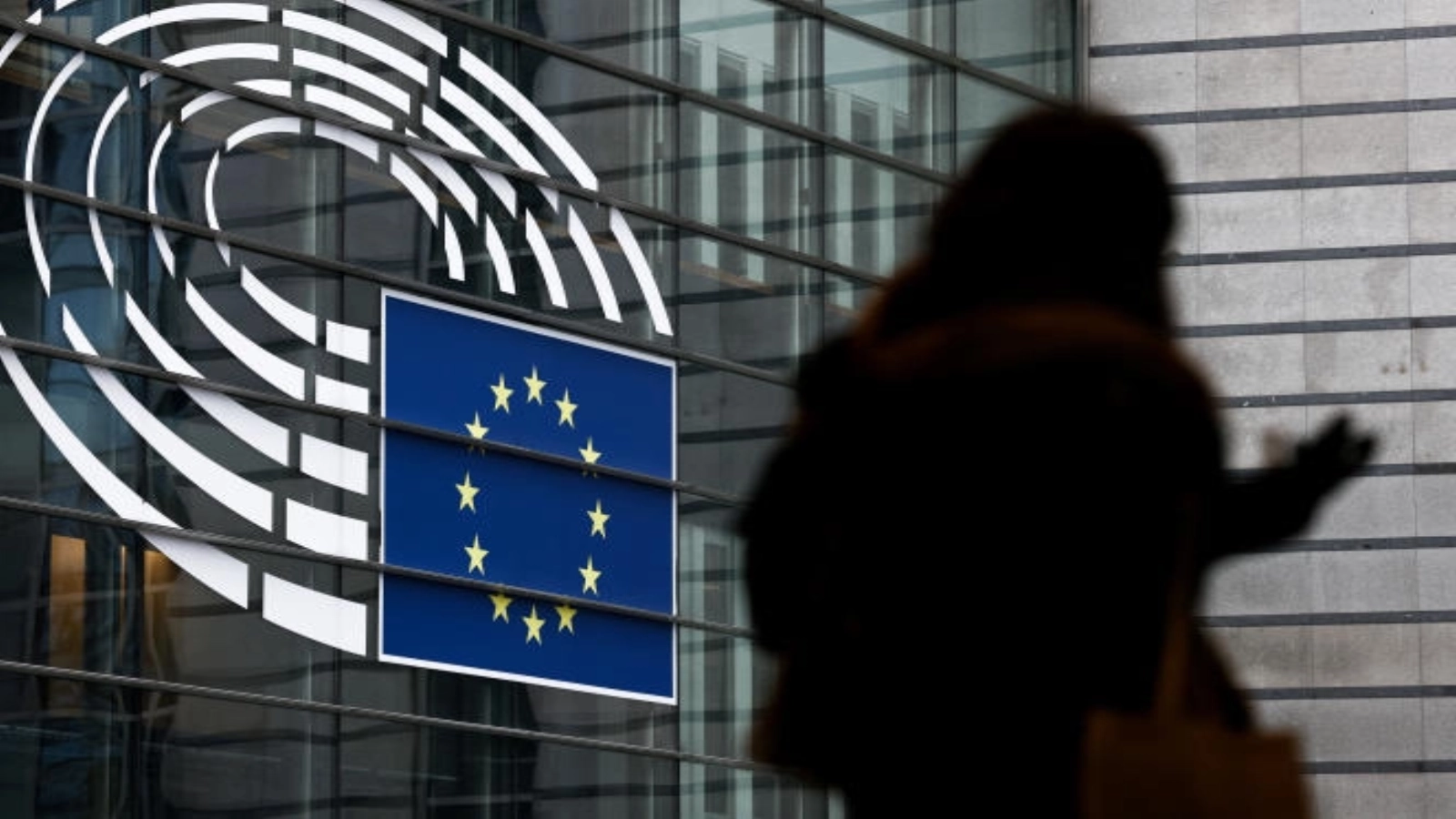
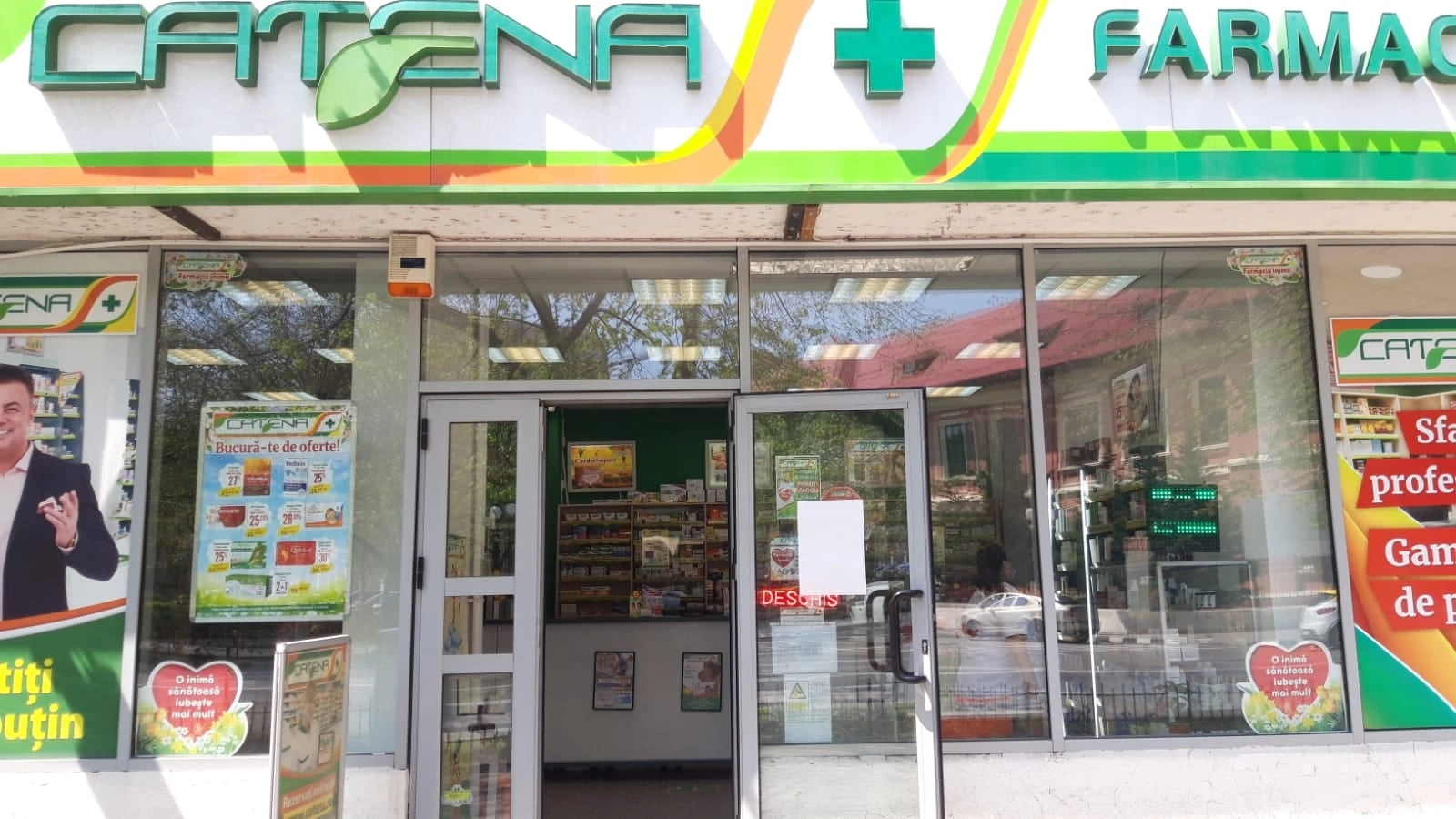
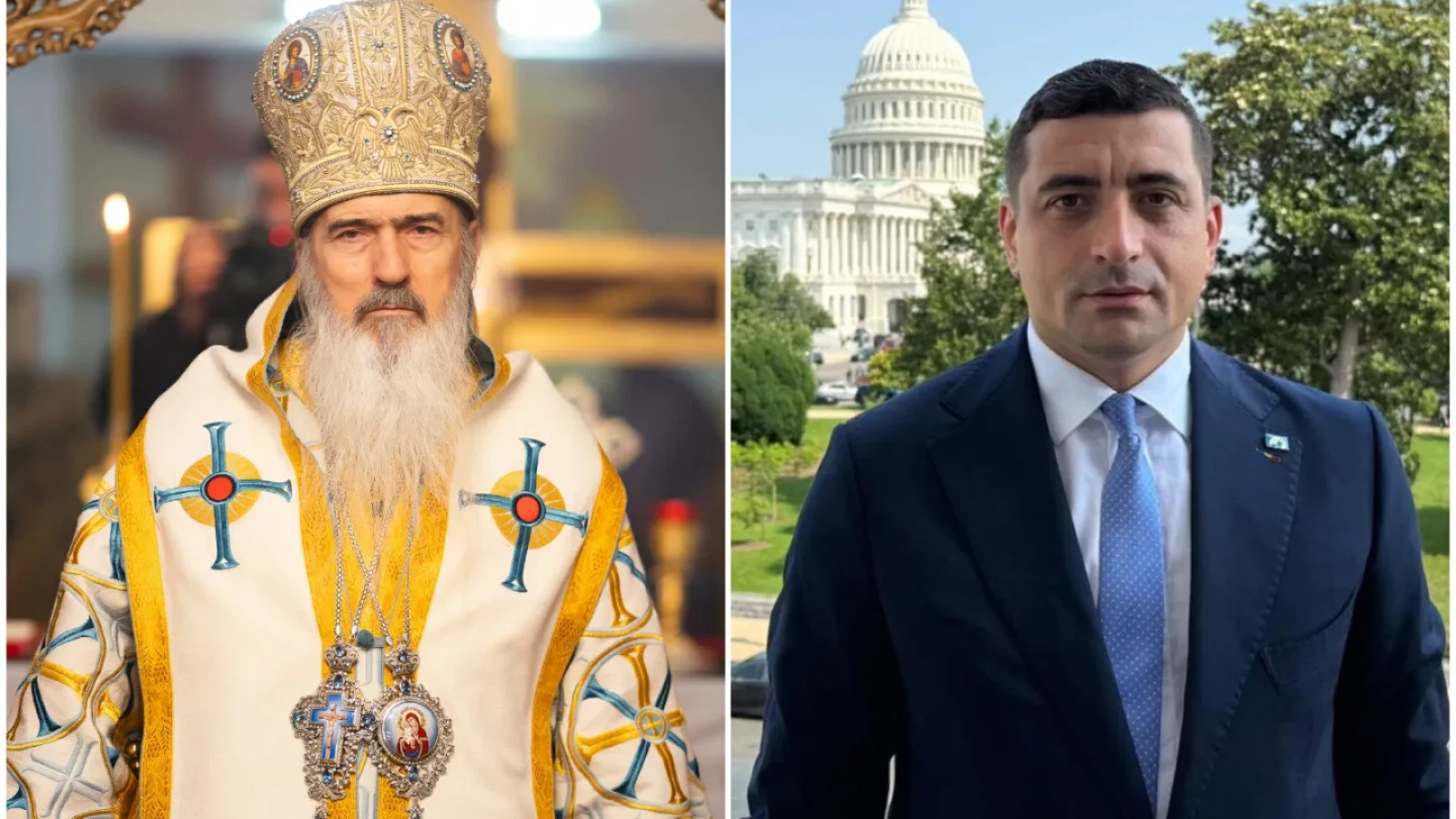






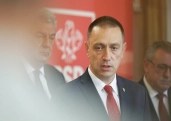









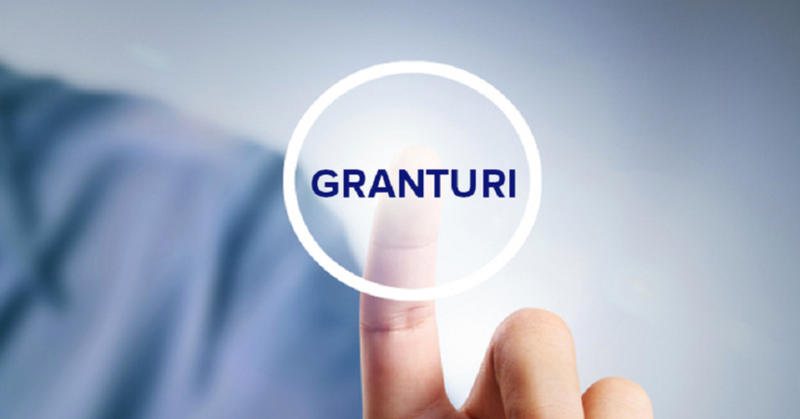
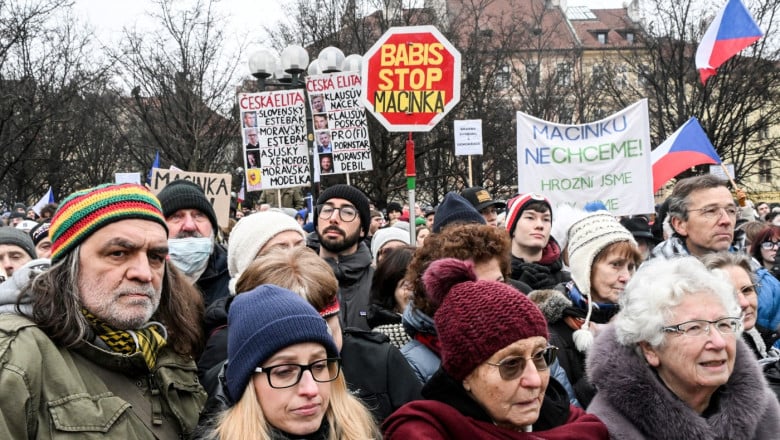
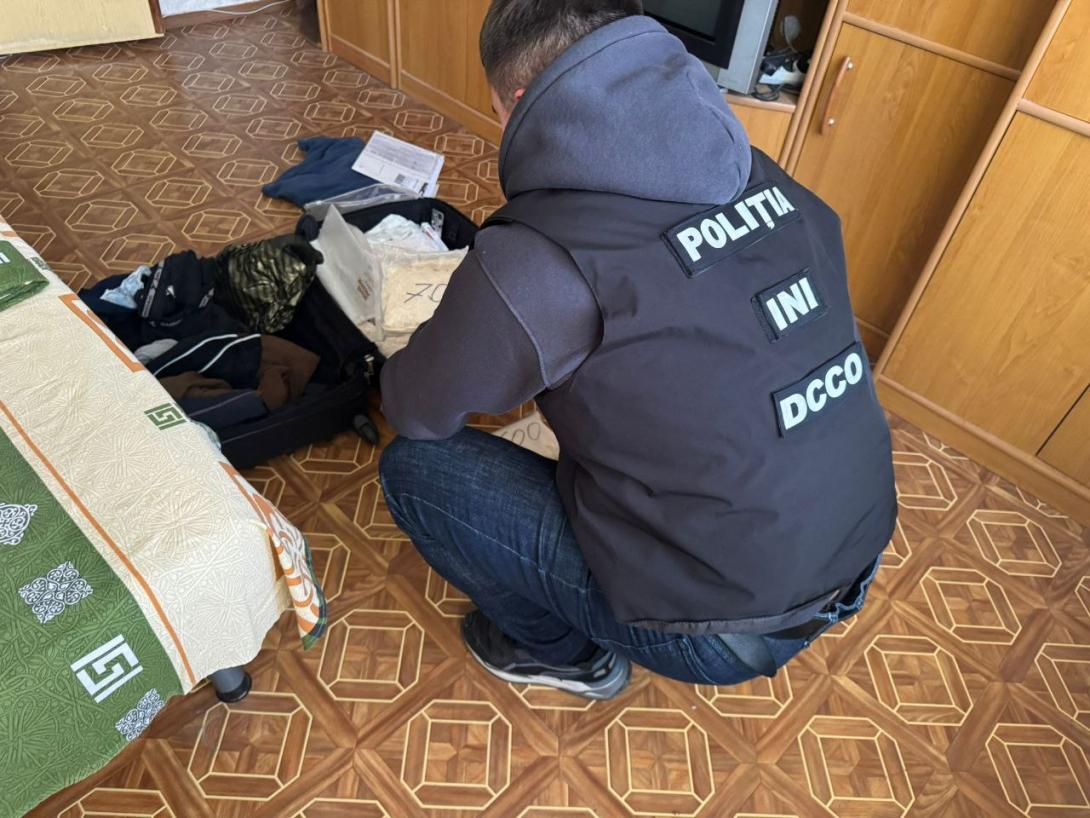









Comentează